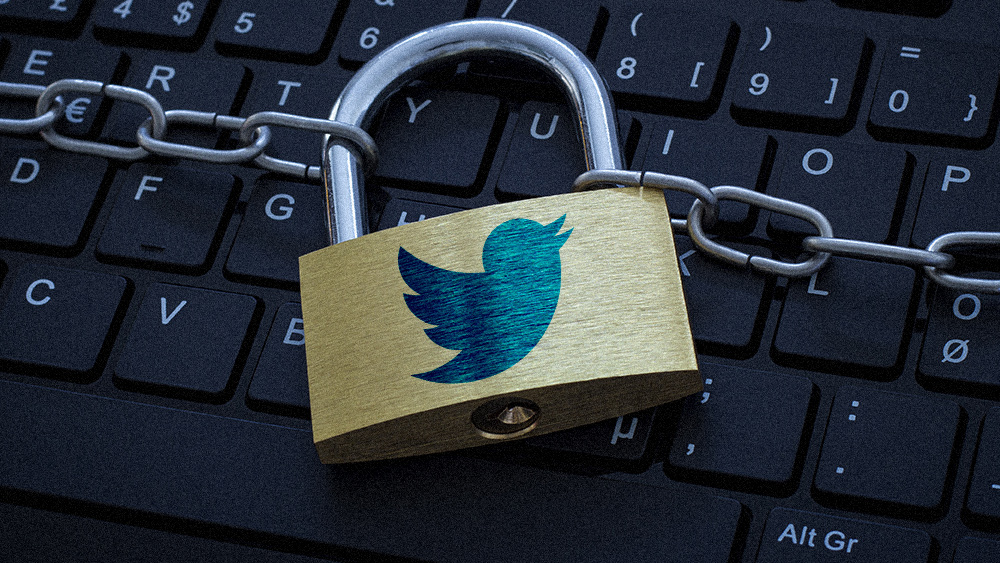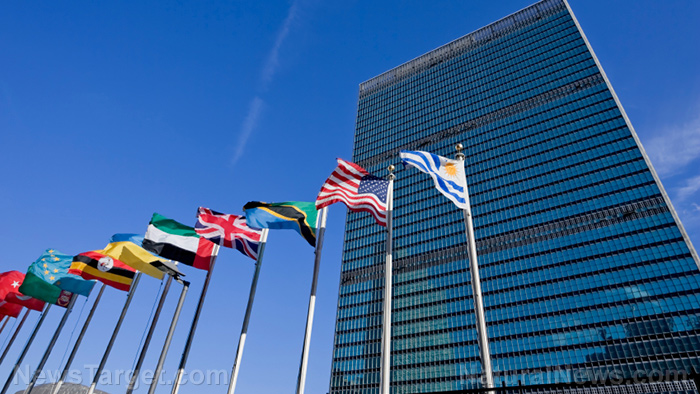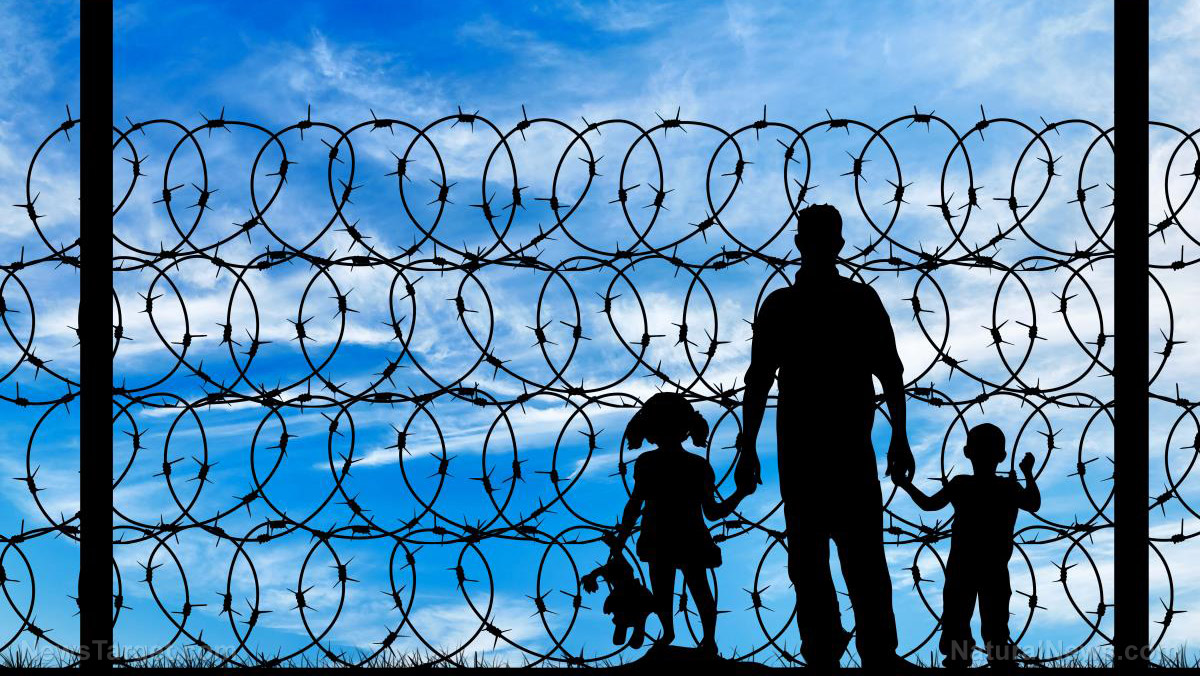Scammers can use Twitter to interfere in matters of national security
07/31/2020 / By Lance D Johnson

Scammers have been using Twitter to gain access to high profile accounts, not only putting the user’s privacy at risk but also making their most sensitive and influential communications vulnerable.
Because hackers can gain access to high profile accounts, Twitter has become a national security risk. Once scammers are able to Tweet under an elected official’s name, a ripple effect will occur across the internet, the media, and the world at large.
Imagine scammers using the President’s account to make statements that could impact the financial markets. Imagine interference that could lead to escalating tensions between world leaders. As seen in recent years, a single Tweet can put pressure on foreign adversaries or escalate tensions between Nations. Even if the scam can be caught in time and the Tweet deleted, the ripple effect often persists throughout the media. Nations that distrust one another can be manipulated by a single influential Tweet.
Twitter employees can be manipulated to give up private account access
More than one thousand Twitter employees and contractors have the ability to reset passwords, log in and send tweets from anyone’s account. These employees can also gain access to private communications, which are also known as direct messages. Even though national security issues are at play and financial markets vulnerable to live Tweets and private communications, there are no security clearances for these employees and no system in place to safeguard the accounts of public officials and high-profile users.
A recent scam at Twitter manipulated Twitter’s employees to give up temporary controls to the accounts of Joe Biden, Jeff Bezos, Elon Musk, Barack Obama and Bill Gates. When hackers gain access to employee credentials, they can theoretically access any account they like, sending out communication in real time from high profile accounts, which can immediately have a global impact. These hackers can also find out the contents of private communications between high profile users, putting matters of national security at risk.
The most recent Twitter scam used the accounts of high-profile users to tweet about fundraising, imploring followers to give money. The scammers were able to steal approximately $120,000 using tweets from influential users. During the scam, about 130 accounts were targeted. The scammers were able to get into forty-five of the accounts and send tweets. Thirty-six of the accounts were completely breached, as hackers gained access to private communications between users. For instance, the scammers intercepted all the direct messages from an elected official in the Netherlands.
Twitter desperately needs national security oversight
How easily would it be to bribe or threaten any one of these Twitter employees in order to gain access to high profile accounts? Scammers could theoretically influence foreign policy, trade deals, military strategy, and big business deals, all by gaining access to live Twitter feeds and private discourse of prominent users. (Related: Twitter locks down Donald Trump Jr.’s page after he posted America’s Frontline Doctors press conference.)
Almost all world leaders use Twitter in some capacity. Is it time to address the national security issues that exist at this social media company and takes steps to safeguard accounts?
Are additional security precautions needed within the company, providing tiered security clearance to a select number of employees who would be given tools and resources to safeguard high profile accounts?
Should this small group of employees be vetted and tasked with monitoring national security risks? Should Twitter be held to a higher standard so their employees cannot be manipulated by third party hackers and scammers?
Sources include:
Tagged Under: Foreign policy, hackers, manipulation, market instability, national security, private communications, scammers, Twitter oversight
RECENT NEWS & ARTICLES
COPYRIGHT © 2017 INVASIONUSA.COM
All content posted on this site is protected under Free Speech. InvasionUSA.com is not responsible for content written by contributing authors. The information on this site is provided for educational and entertainment purposes only. It is not intended as a substitute for professional advice of any kind. InvasionUSA.com assumes no responsibility for the use or misuse of this material. All trademarks, registered trademarks and service marks mentioned on this site are the property of their respective owners.




















